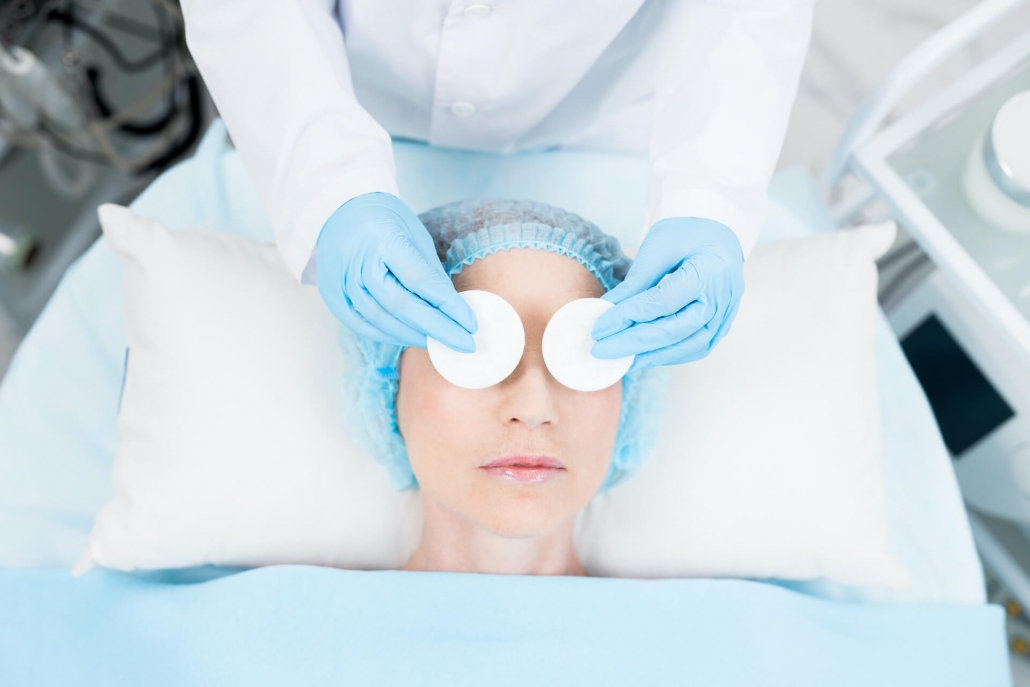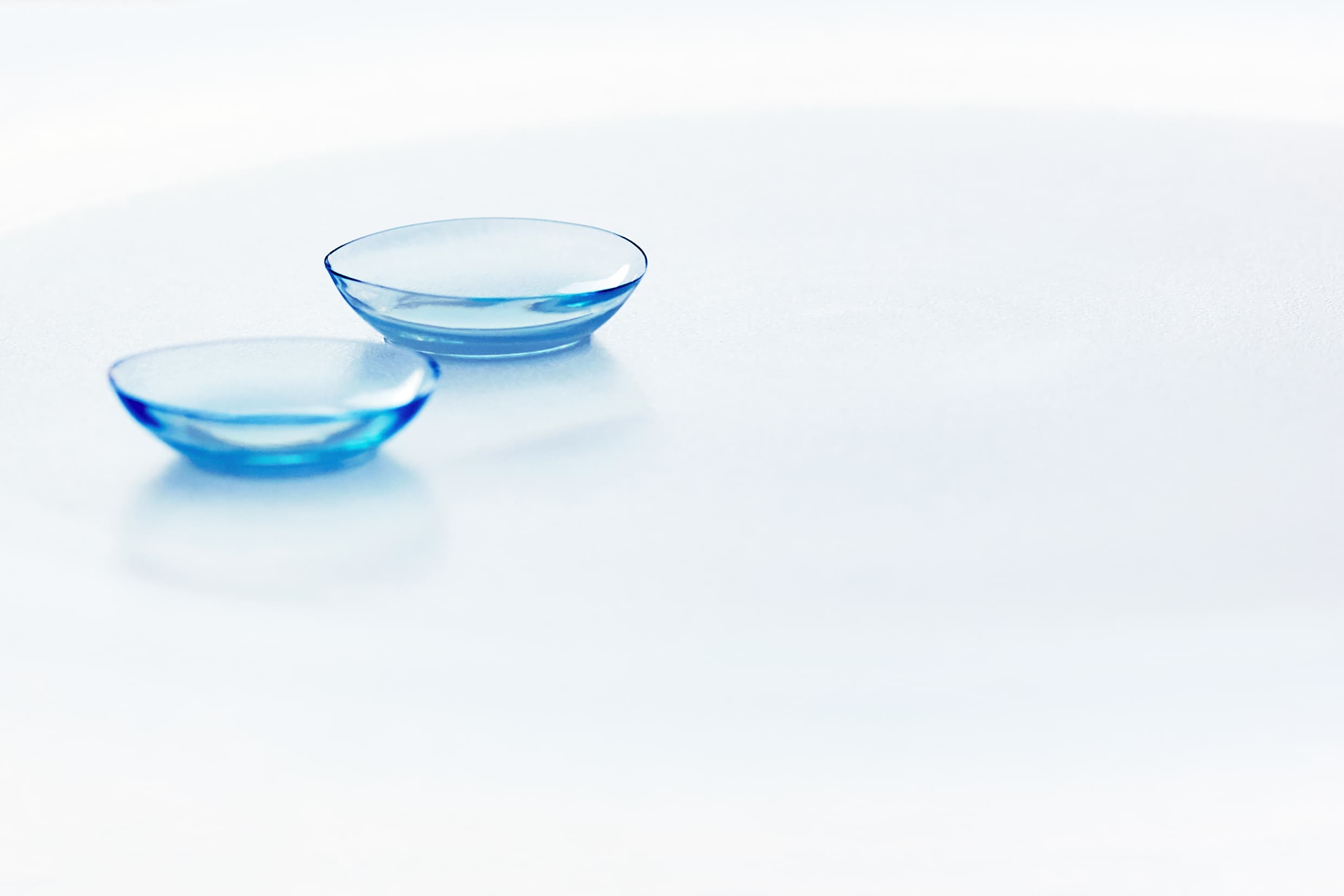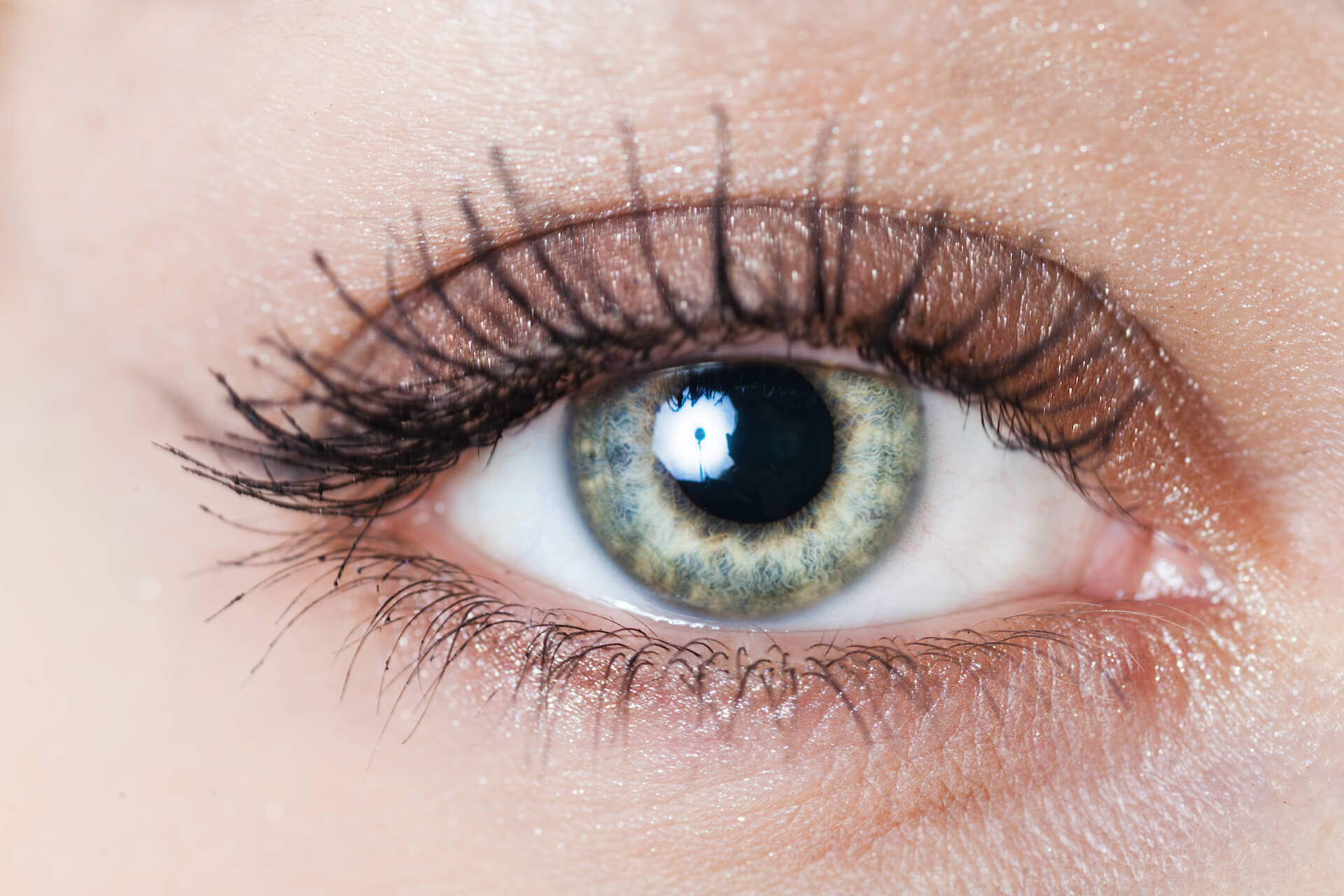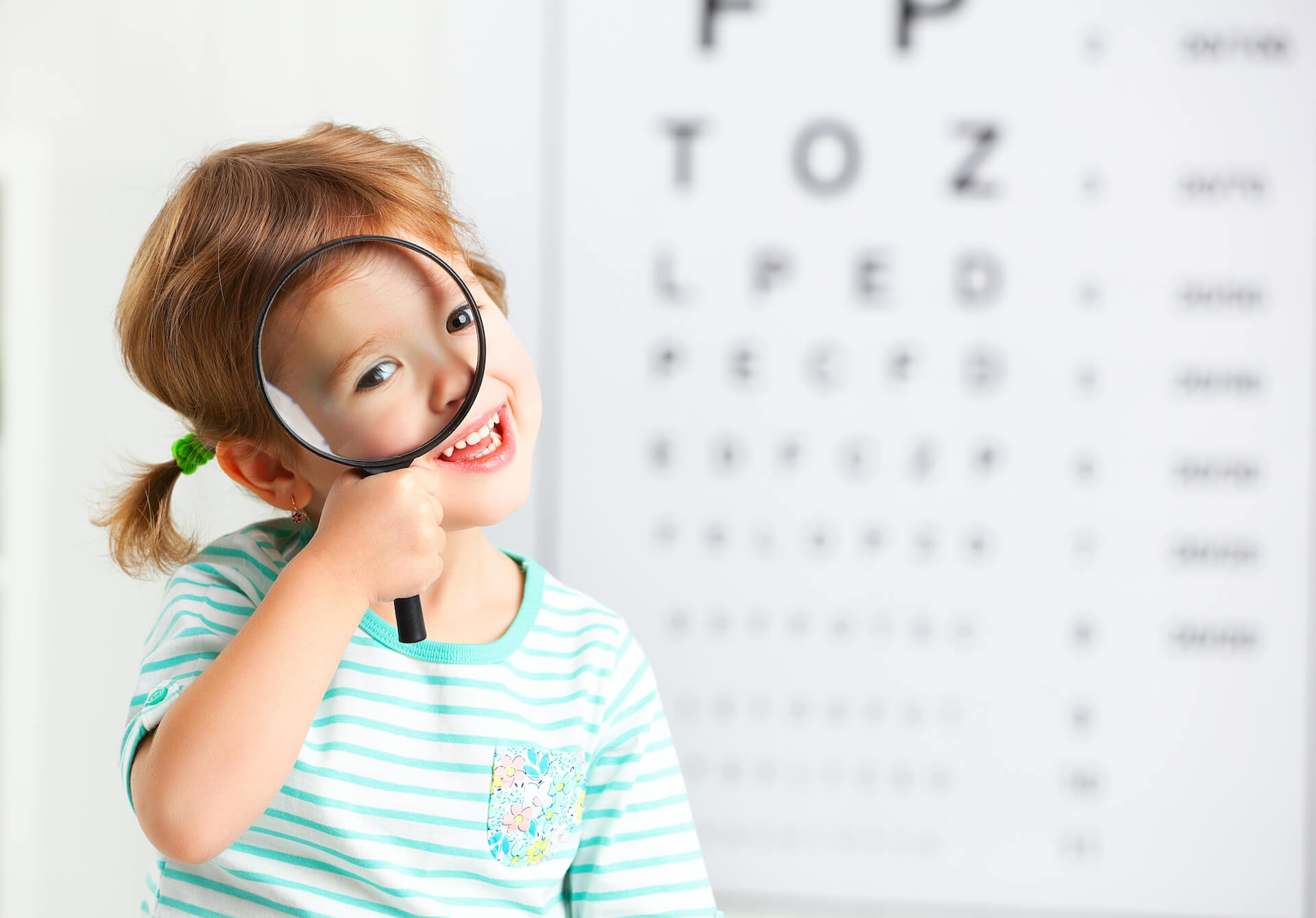WAHLARZT FAQ
CONTACT LENSES
DILATED FUNDUS EXAMINATION (DFE)
APPOINTMENT FOR CHILDREN
Wahlarzt FAQ
In my private practice I take time to take care of your individual eye care needs.
What does ‚Wahlarzt‘ mean?
In Austria, a so-called ‘Wahlarzt‘ is a doctor in private practice who has no contracts with statutory health insurance companies. That means a ‘Wahlarzt’ is a non-SHI-accredited doctor of your choice.
What are the benefits of seeing a ‚Wahlarzt‘?
- Short-term appointment
- Short waiting time at the doctor’s office
- Calm and pleasant atmosphere
- Time for your individual needs, comprehensive examination and personal consultation
- Customized treatment plans for your individual demands
Can I see a ‚Wahlarzt’? Who is eligible?
- If you have statutory health insurance (ÖGK, SVS, BVAEB, KFA), you can request a refund with your insurance provider. Usually, you will be reimbursed a part of the treatment fee.
- If you have private health insurance.
- If you pay privately (private patients, self-payer).
Does my insurance cover the consultation at the ‚Wahlarzt‘?
- If you have statutory health insurance, your health insurance provider will reimburse a part of the treatment fee.
- You pay the treatment fee directly to your doctor
- You then submit the receipt to your public health insurance provider
- You will be partly reimbursed for the doctor’s fee (the amount may vary depending on your health insurance provider)
- If you have a private supplementary health insurance
- After submission to the public health insurance provider, you will be reimbursed the difference amount of the treatment fee from your private health insurance company (the amount may vary depending on the tariff of your insurance)
Eyelid Lift Surgery
As we get older, the eyelids stretch, and the eyelid muscles can weaken. Drooping eyelids can not only make one look older, sagging skin can also reduce the peripheral field of vision. In some cases, it can also cause the eyelids to feel heavy and makes it hard to open your eyes.
Blepharoplasty (eyelid lift surgery) is a type of surgery that removes excess skin. This procedure is performed in an outpatient setting under local anesthesia. The upper eyelid lift will make your eyes look more youthful, fresher and more alert.
Please feel free to make an appointment for an initial consultation. Call +431360668000 or book online to schedule an appointment.
Eyelid Lift Surgery FAQ
Eyelid lift surgery is performed in an outpatient setting at the Döbling Private Hospital.
Eyelid lift surgery performed by an eye specialist
During the initial consultation, your ophthalmologist (eye doctor) will perform a thorough examination of the eye, eyelid and facial skin. Any visual field limitation will be determined. Due to the close proximity of the eyelids to the eye, an eye exam including a vision test should always be performed before and after the surgery.
As an ophthalmologist, Dr. Chen has detailed anatomical knowledge of the eyes and eyelids. Many years of experience in the field of ophthalmology allows for a comprehensive preoperative planning of the modeling of the tissue around the eye. The aim is to achieve a more youthful appearance while maintaining harmonious facial features. For this, careful and accurate planning and precise incisions are essential.
What happens at a consultation for blepharoplasty?
You will be informed in detail about the procedure and the pre- and postoperative care. Any question or concerns that you may have will be addressed during the consultation. A measurement of the visual field will check whether there is a visual field limitation.
How is the eye lid lift surgery performed?
The eyelid lift is performed on an outpatient basis under local anesthesia. A fine skin incision is made in the natural crease of the upper eyelid. This ensures that there will be only a delicate and hardly visible scar. The excess skin tissue is removed. If necessary, excess tissue of the eyelid muscles is shorted and removed. Finally, a fine suture is performed. After the procedure you can go home after a short stay in the recovery room.
What should be considered before the surgery?
If you take blood-thinning medication regularly, you should pause it two weeks before the procedure after consulting your physician. Please note that certain painkillers (e.g. Aspirin®) can also have a blood-thinning effect. You should also avoid taking such medication two weeks before the procedure.
Please do not wear make-up on the day of the operation. Contact lenses should not be worn.
What is the down time and recovery period like?
In the first days after the operation you should get as much rest as possible. The use of ice packs or cooling eye masks and sleeping with your upper body raised will reduce the initial swelling and bruising. You should avoid physical exertion for a total of 2 weeks. The stitches will be removed after 10 days. Eye make-up can then already be used again.
Dr. Chen will be there for you at any time after the procedure.
What costs can be expected?
In a personal consultation the expected costs will be discussed with you. In some cases, the costs will be covered by your health insurance.
Please feel free to make an appointment for an initial consultation. Call +431360668000 or book online to schedule an appointment.
Contact Lenses
If you already have contact lenses:
We kindly ask you not to wear your contact lenses for at least 24 hours (soft lenses) or 48 hours (hard lenses) before the examination. This ensures an accurate result of your vision test. Please bring your contact lenses in a contact lens case to the appointment.
If you do not have any contact lenses yet:
After a comprehensive eye examination, I will advise you on the suitability and possibilities of contact lens wear. Nowadays, there are many different contact lens types and designs available. The optimal contact lenses for you will be prescribed according to your individual demands. You will be referred to a specialized optician for contact lens fitting.
Dilated fundus examination (DFE)
For a comprehensive eye examination, it may be necessary to dilate or enlarge the pupils using eye drops. This allows the detailed examination of the back of your eye (fundus). After the examination you may experience blurry vision. Therefore, you should not drive a vehicle for 3 to 4 hours. If possible, please come by public transport or with an accompanying person. Please plan about 1 hour for an appointment with dilated fundus examination.
Appointment for children
To reliably detect refractive error in children, it is necessary to dilate or widen the pupils using eye drops. Examples of refractive error are near-sightedness, far-sightedness and astigmatism. Accurate refractive measurements can then be achieved by retinoscopy. In addition, a dilated examination of the back of the eye (fundus) can be performed. Depending on the type of drop used, they can cause blurriness and light sensitivity for several hours. It is therefore recommended to bring sunglasses for your child to wear after the appointment. Since we like to take sufficient time for the examination of children, please plan 1 to 1.5 hours for a children’s appointment.




